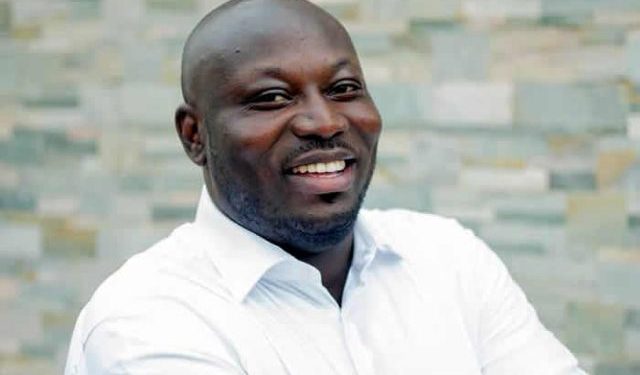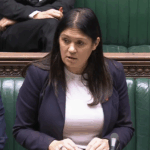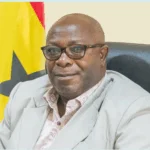Ghana’s newly appointed Minister for Youth Development and Empowerment, George Opare-Addo, has declared his commitment to serving all young Ghanaians irrespective of political affiliation, dismissing perceptions that his role prioritizes supporters of the governing National Democratic Congress (NDC).
During an interview on Face to Face with Umaru Sanda, Opare-Addo outlined his mandate to equip youth with skills and opportunities, stressing, “My office is open to every Ghanaian. Policies we design must uplift the entire nation, not a single party.”
The minister, tasked with steering the freshly created ministry, acknowledged the logistical hurdles of building an institution “from scratch,” including securing office space and establishing operational frameworks. Previously, youth affairs fell under the umbrella of the Ministry of Youth and Sports, but President Mahama’s administration opted to decouple the sectors to sharpen focus. “This standalone ministry allows undivided attention to youth development—education, job readiness, entrepreneurship—without competing with sports priorities,” Opare-Addo explained.
The restructuring, formalized through an Executive Instrument (EI), marks a return to earlier governance models. “Historically, sports was under education, then merged with youth affairs. Now, we’re realigning to address systemic gaps,” he noted, referencing decades of underinvestment in youth programs. Critics, however, question whether the move risks bureaucratic redundancy, a concern Opare-Addo countered by emphasizing efficiency. “Specialization breeds effectiveness. We’re crafting targeted interventions, not duplicating efforts.”
His pledge to transcend partisanship comes amid heightened political tensions, with opponents accusing the NDC of using state apparatus to consolidate loyalty. Opare-Addo, a longtime youth advocate, rejected such claims: “Empowerment isn’t patronage. Our policies will be data-driven, inclusive, and measurable.” He pointed to plans for nationwide skills audits and partnerships with private sector players to align training with market demands.
Civil society groups have welcomed the ministry’s creation but urge transparency. “Youth unemployment is a crisis. This ministry must avoid becoming a political tool,” said Kojo Asante of the Ghana Center for Democratic Development. For Opare-Addo, the challenge lies in transforming rhetoric into tangible outcomes—a task he insists will define his legacy. “Ghana’s youth deserve more than promises. They need systems that work.”
As the ministry gears up, all eyes remain on whether this structural shift can finally unlock the potential of Africa’s youngest population.
- President Commissions 36.5 Million Dollars Hospital In The Tain District
- You Will Not Go Free For Killing An Hard Working MP – Akufo-Addo To MP’s Killer
- I Will Lead You To Victory – Ato Forson Assures NDC Supporters
Visit Our Social Media for More





